In 1605 the VOC fleet, commanded by Admiral Steven Van der Hagen, arrived in the Bay of Ambon. The Company took the Portuguese Castle Victoria, with its garrison of 600 men, without bloodshed. The conquest was achieved so easily that it was later described as a miracle. The first governor of Ambon was Frederik de Houtman, who resided there from 1605 to 1611. Ambon quickly expanded to become a major city. By 1683 it boasted a European population of 770, most of them soldiers. Besides the governor, there were 33 officials concerned with the trade in cloves, mace and nutmeg. These spices were exported to Holland through Batavia. Whenever there was a glut, surplus products were sold in India and Persia. The islands administered from Ambon had their own fleet of rowing vessels called cora-coras. Once a year the governor would order all the cora-coras to assemble for a tour of inspection through his territory. This illustration shows one such voyage by the governor; his ship is flying the Dutch flag. The VOC had but one objective in running Ambon; to secure a monopoly of the clove trade. Innumerable agreements were signed with local rulers, with the aim of ensuring that all the cloves went to the VOC alone. The local population could have sold their products for better prices to foreign traders; but when they did so the Company punished the villages by burning their harvest. The task of the governor in Ambon was a difficult one: he had to protect the group of islands falling under Ambon's jurisdiction and to ensure the smooth running of the valuable spice trade. Besides the countless wars with the English, Spanish and French, who also had their sights set on these fertile islands, the Company had to contend with the local Islamic and Christian rulers. National courts were set up for both religions, at which the governor and councillors pronounced judgement together with the rulers, once a fortnight. Prior to the founding of Batavia in 1619, the VOC's governor-generals were more or less peripatetic. They took up residence alternately in Fort Victoria on Ambon and in Fort Oranje on Ternate. After this period, Ambon became a 'gouvernement'.
Images
-
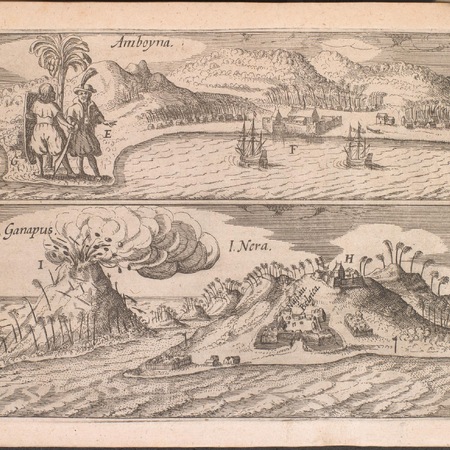
Ambon and Banda
Anoniem / Anonymous
-
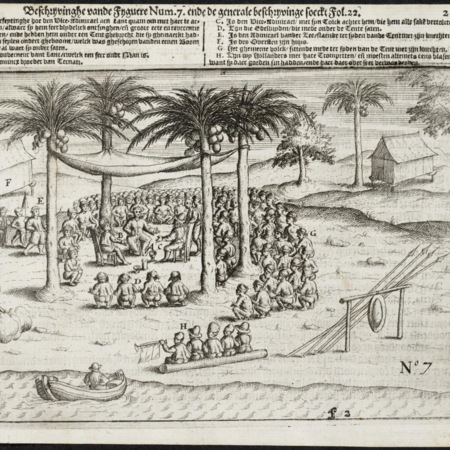
Vice Admiral Wijbrant van Warwijck meeting with the Hituese leaders on Ambon
Langenes, Barent / Anoniem / Anonymous
-
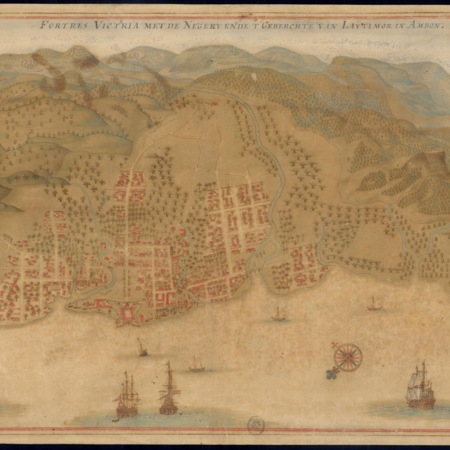
Map of the city of Ambon and its surroundings
Vingboons, Johannes / Nessel, Johannes (van)
-
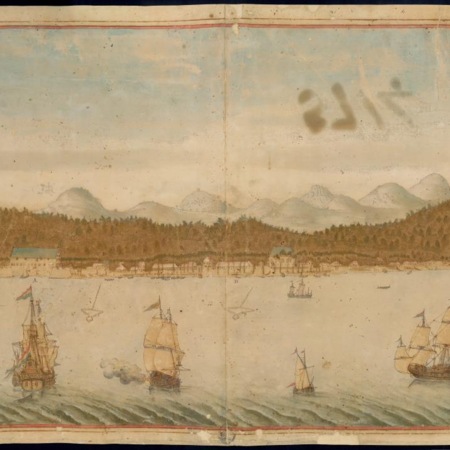
View of Amboina
Vingboons, Johannes
-
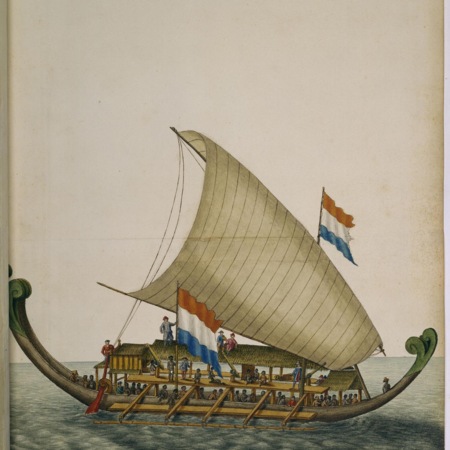
A kora-kora boat with mainsail
Vingboons, Johannes
-
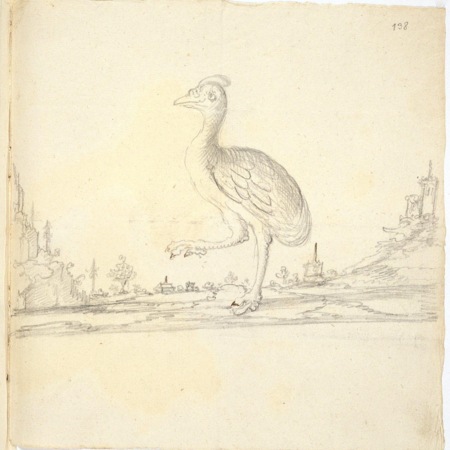
Casuaris, Amboyna Quarter, expedition A. Gijsels
Anoniem / Anonymous / Gijsels, Artus/Arnoult
-
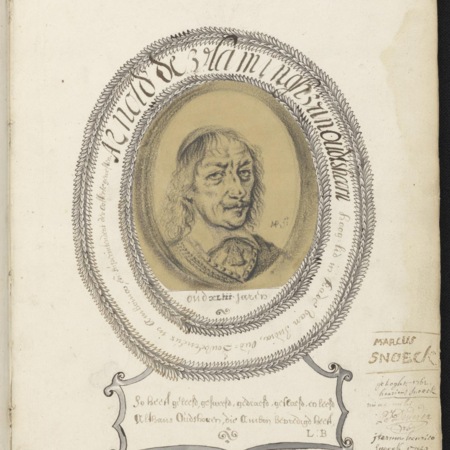
Portrait of Arnold de Vlamingh van Oudshoorn
MP / Bor, Livinus
-
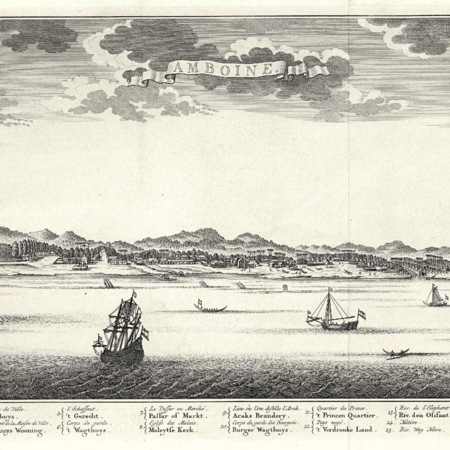
View of the city of Amboina
Hondt, Pierre d' / Schley, Jacobus van der
-
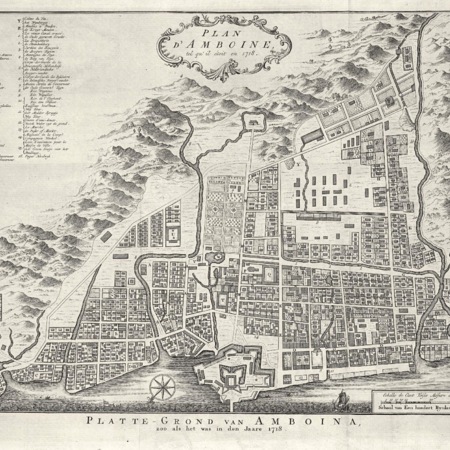
Map of Amboina
Schley, Jacobus van der / Hondt, Pierre d'
-
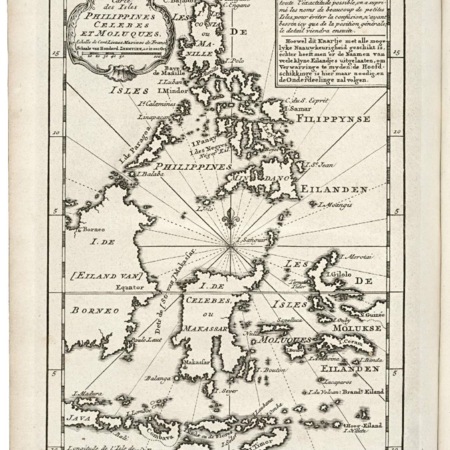
Map of Celebes, the Moluccas and the Philippines
Hondt, Pierre d' / Schley, Jacobus van der / ...
-
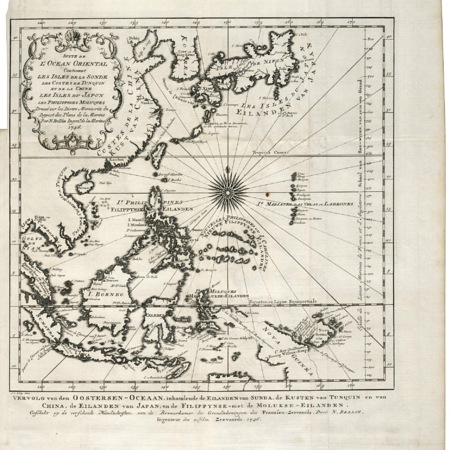
Map of the Pacific Ocean, from Malacca to Japan
Bellin, Jacques Nicolas / Schley, Jacobus van der / ...
-
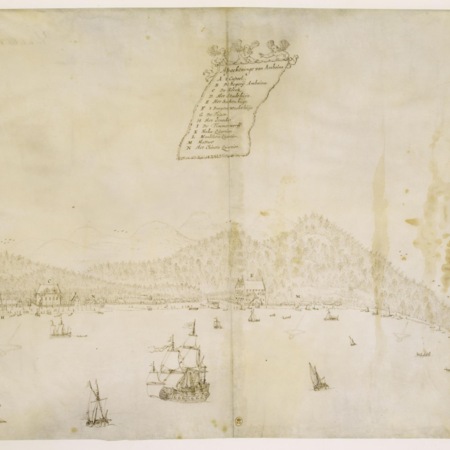
Right hand portion of a view of Amboina
Vingboons, Johannes
-
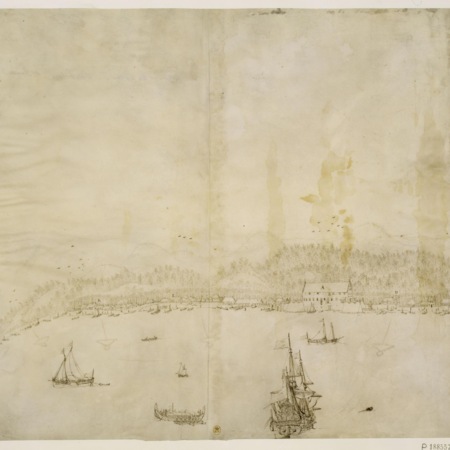
Left hand portion of a view of Amboina
Vingboons, Johannes
-
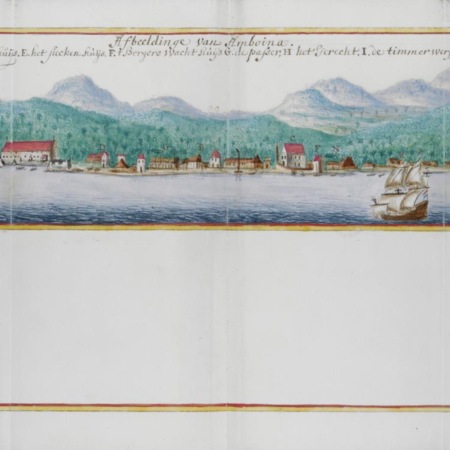
View of Amboina and maps of the forts of Hila, Larike and Seyt
Vingboons, Johannes
-

Map of the island of Ambon
Vingboons, Johannes
-
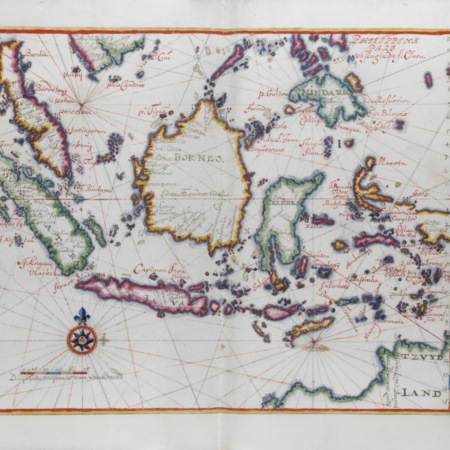
Map of Indonesia
Vingboons, Johannes
-
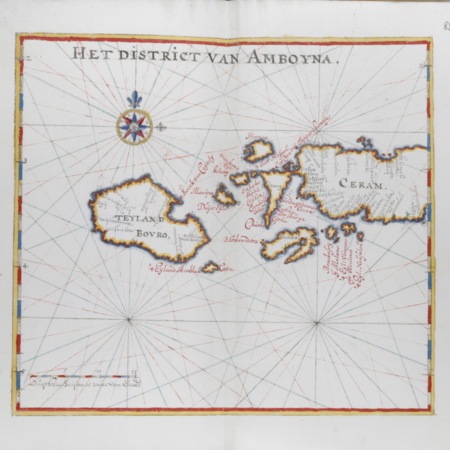
Map of the Ambon district
Vingboons, Johannes
-
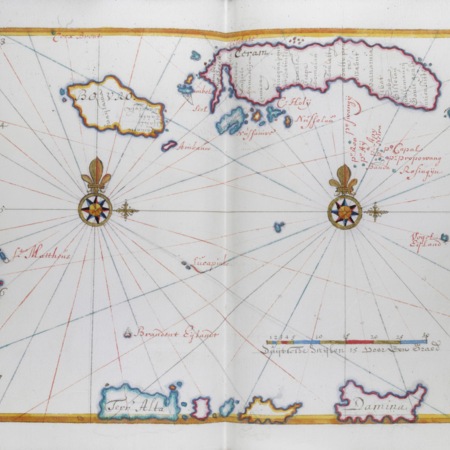
Map of the islands of Bouro, Ceram, Terra Alta and Damina
Vingboons, Johannes
-
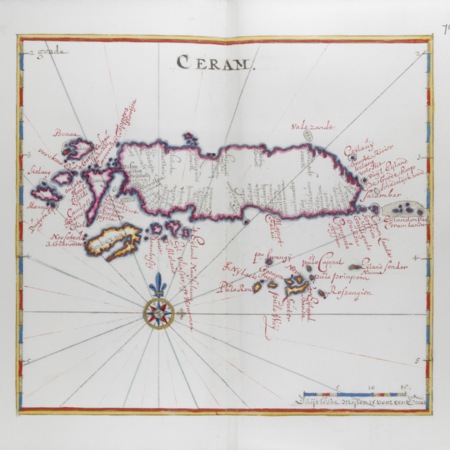
Map of the island of Ceram
Vingboons, Johannes
-

View of Amboina
Vingboons, Johannes
-
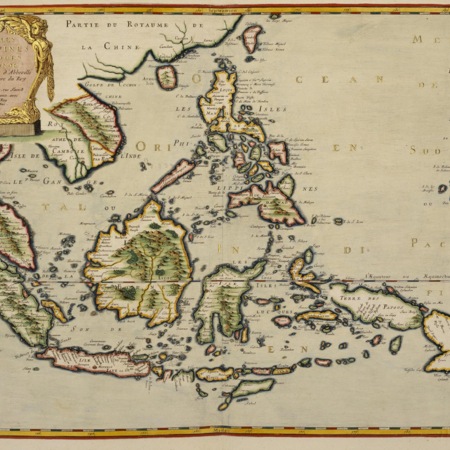
Map of Indonesia and the Philippines
Marriette, Pierre / Sanson d'Abbeville, Nicolas / ...
-
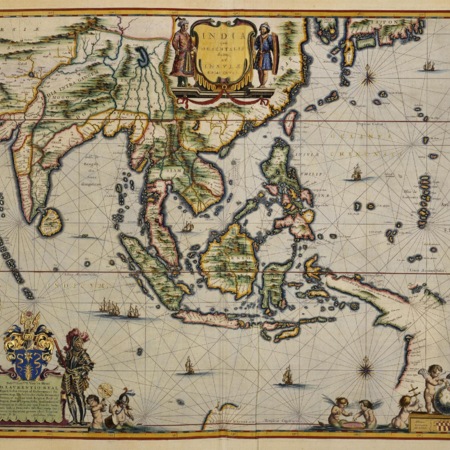
Map of India to Japan
Blaeu sr., Joan / Blaeu, Wilhelm (Jansz.)
-
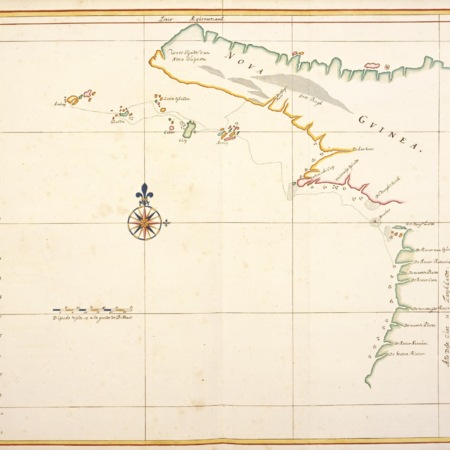
Map of the coasts of New Guinea and Australia
Martensz de Leeuw, Arent / Vingboons, Johannes
-
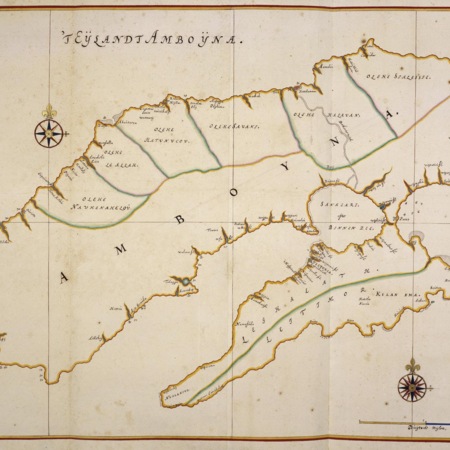
Map of the island of Ambon
Vingboons, Johannes
-
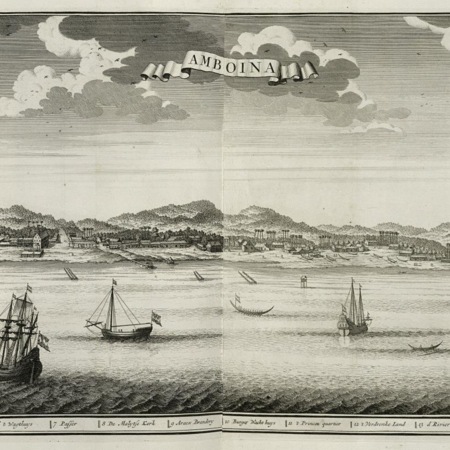
View of the city of Ambon
Ottens, Frederik / Braam, J. van / ...
-
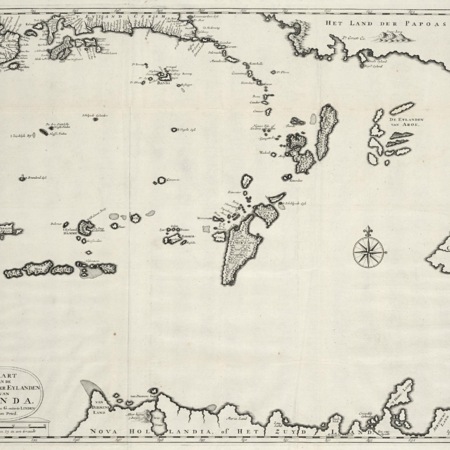
Map of the southeastern part of the Banda islands
Anoniem / Anonymous / Braam, J. van / ...
-
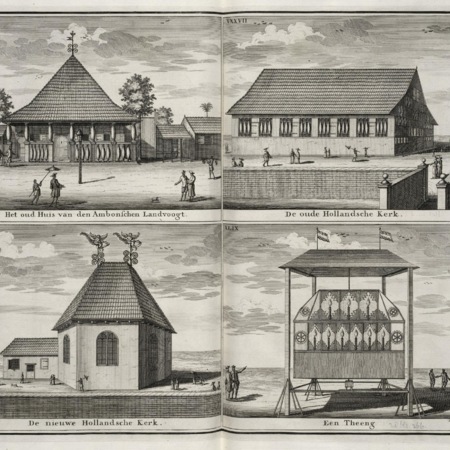
Four views of buildings in Ambon City
Ottens, Frederik / Braam, J. van / ...
-
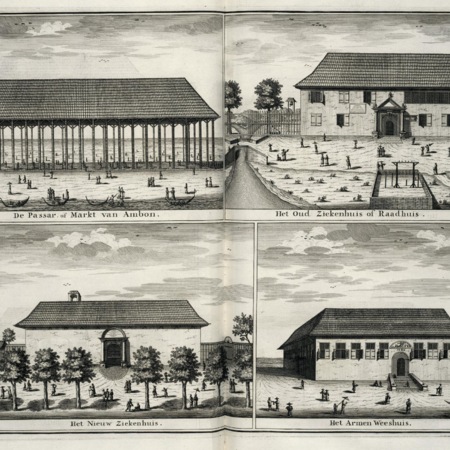
Four views of buildings in Ambon City
Ottens, Frederik / Braam, J. van / ...
-
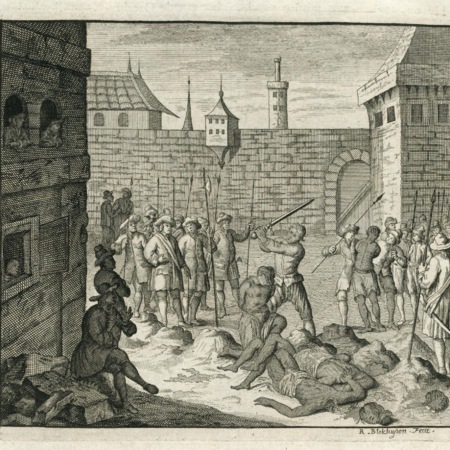
Beheading of Moluccan 'mutineers' in Fort Victoria on Ambon in 1653
Blokhuysen, R. / Braam, J. van / ...
-
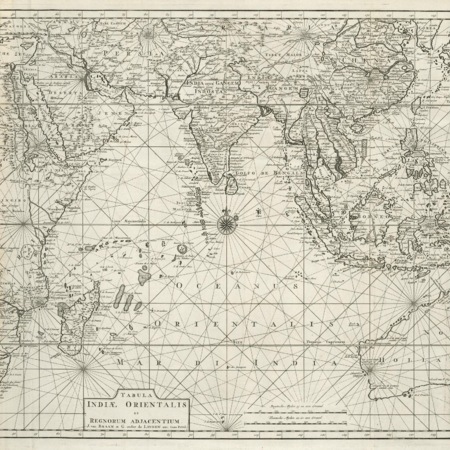
Map of East Indies
Braam, J. van / Linden, Gerard onder de / ...
-
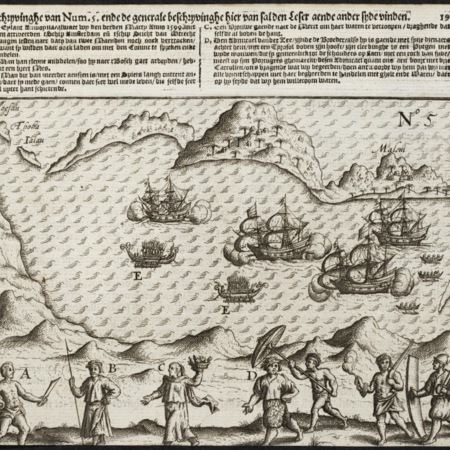
Bird's eye view of Ambon
Anoniem / Anonymous / Langenes, Barent
-
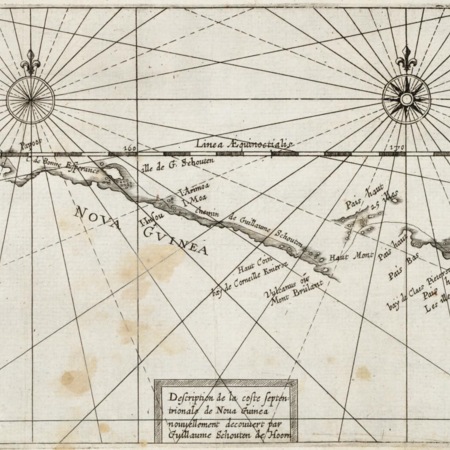
Map of the north coast of New Guinea
Anoniem / Anonymous / Gobert, M.
-
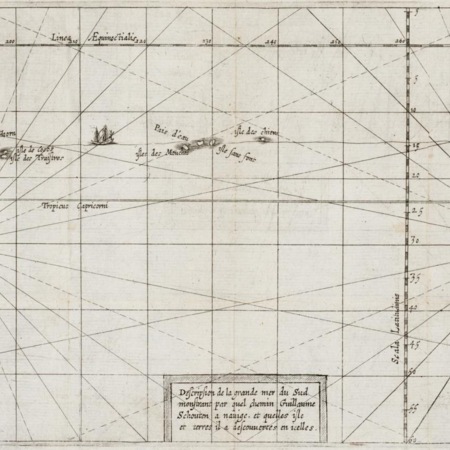
Map of the Pacific Ocean
Anoniem / Anonymous / Gobert, M.
-
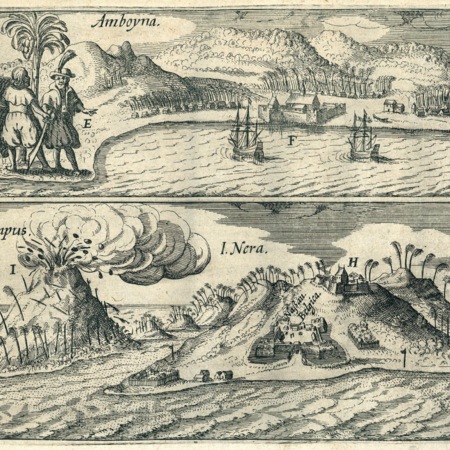
View of Ambon and Banda Neira
Anoniem / Anonymous / Jansz, Jan
-
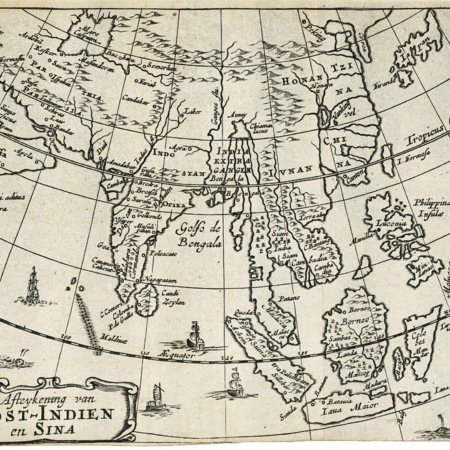
Map of Asia
Anoniem / Anonymous / Oossaan, Aart Dircksz / ...
-
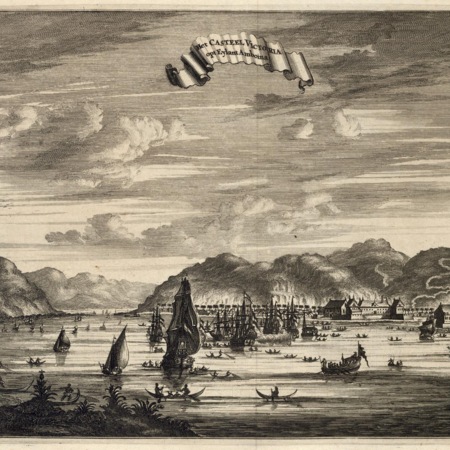
View of Fort Victoria on Ambon
Anoniem / Anonymous / Meurs, Jacob van
-
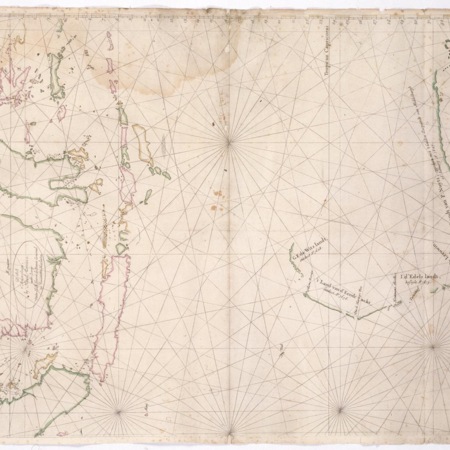
Map of Indonesia and Australia
Gerritsz., Hessel
-
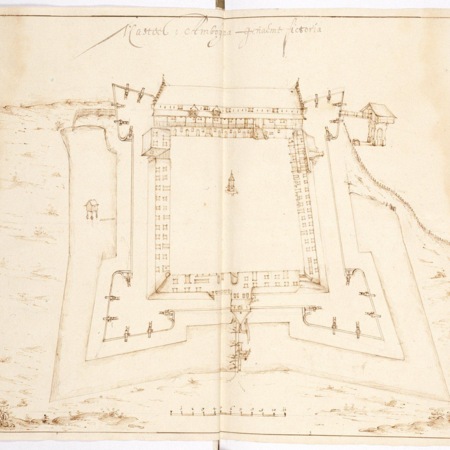
Map of Amboina castle, expedition A. Gijsels
Anoniem / Anonymous / Gijsels, Artus/Arnoult
-
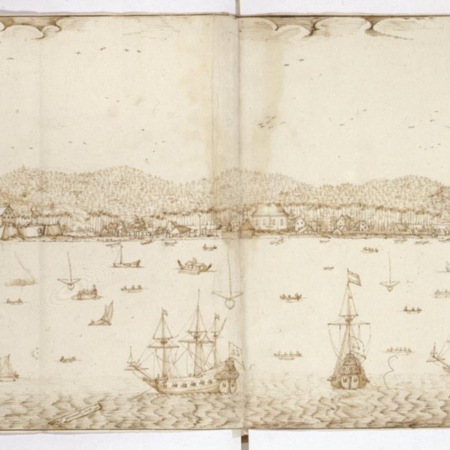
View of Amboina, Moluccas, expedition A. Gijsels
Blommaert, F. / Gijsels, Artus/Arnoult
-
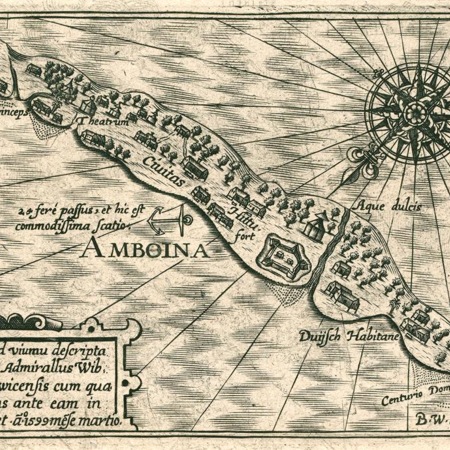
Map of the island of Amboina
Wright, Benjamin
-
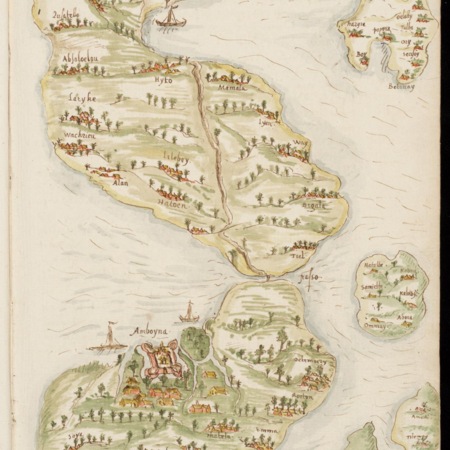
Bird's eye view of the island of Ambon
Anoniem / Anonymous
-
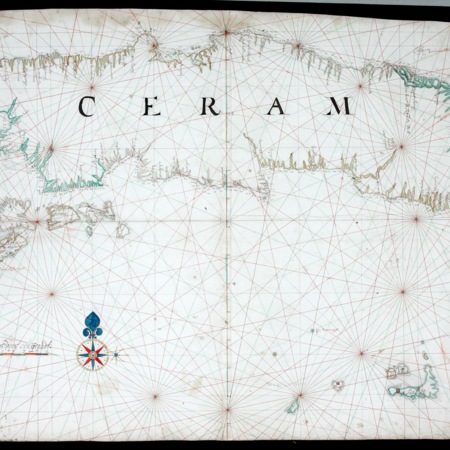
Map of Ceram, Ambon and the Banda islands
Anoniem / Anonymous
-
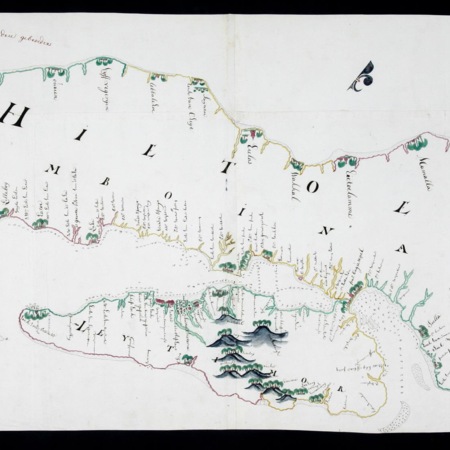
Map of the island of Ambon
Anoniem / Anonymous
-
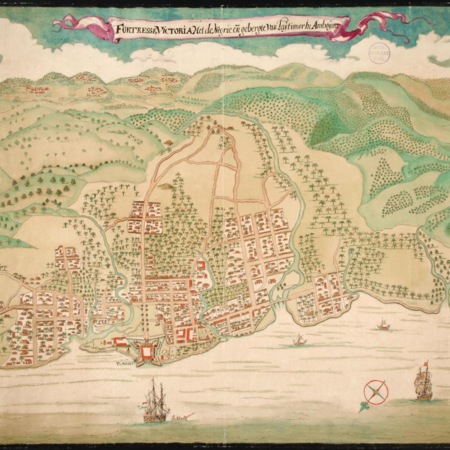
View of fort Victoria on Ambon and the hinterland
Nessel, Johannes (van)
-
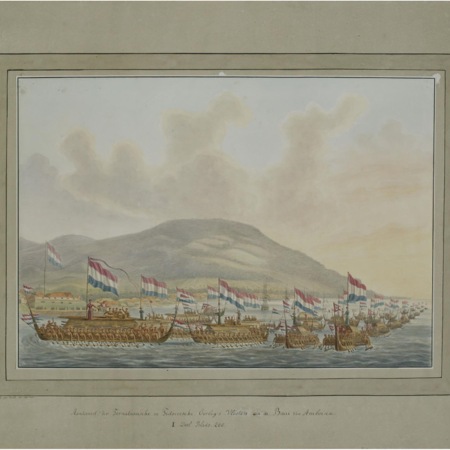
View of the bay of Ambon, with mountains in the background
Ver Huell, Quirijn Maurits Rudolf
-
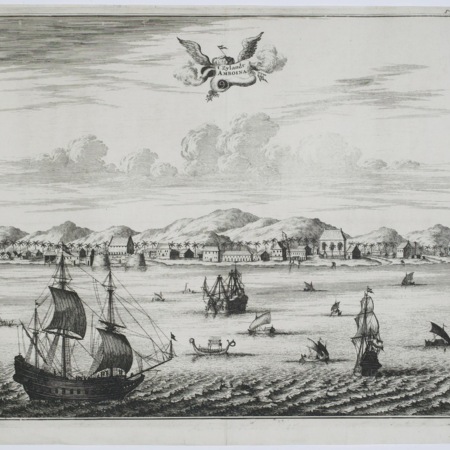
View of Ambon
Anoniem / Anonymous
-
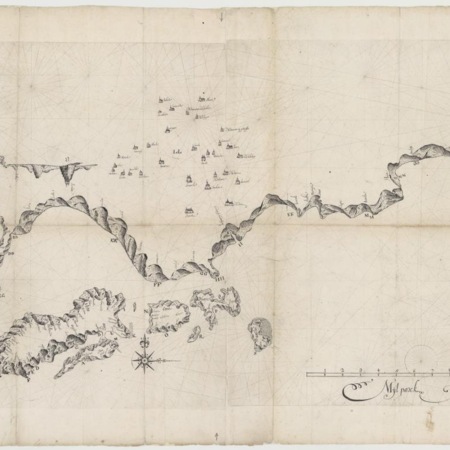
Map of Ambon and environs
Batavia 1623 kaartenmaker / Speult, Herman van
-
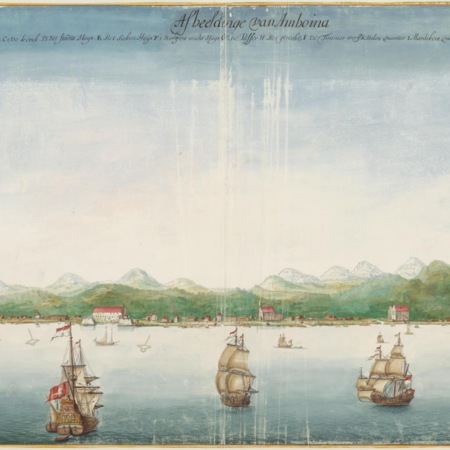
View of Ambon
Vingboons, Johannes
-
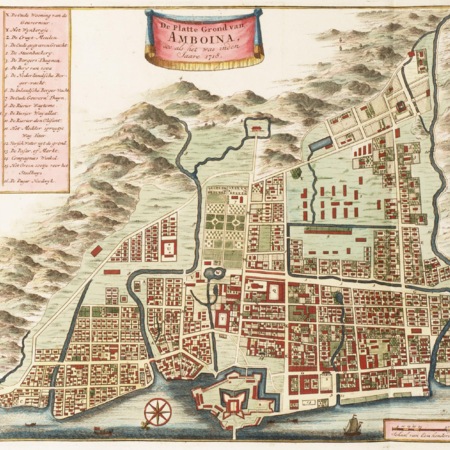
Map of Amboina
Anoniem / Anonymous
-
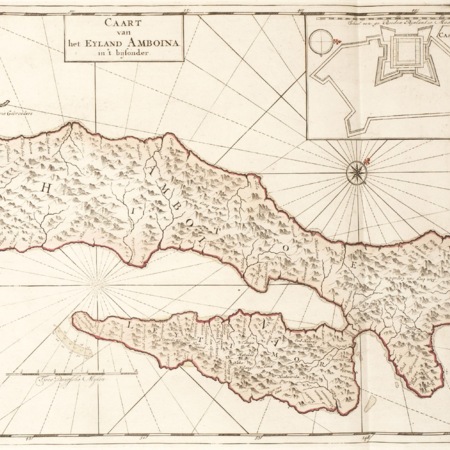
Map of the island of Ambon
Anoniem / Anonymous
-
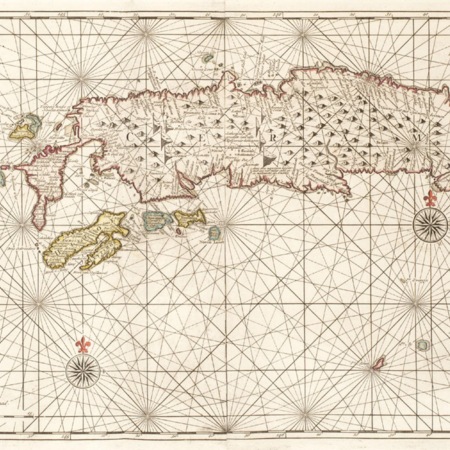
Map of Ambon
Anoniem / Anonymous
-
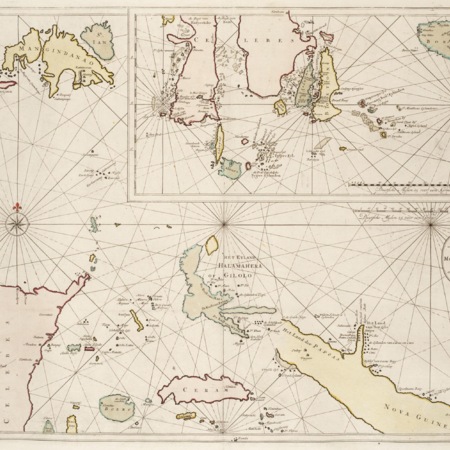
Map of the Moluccas
Anoniem / Anonymous
-
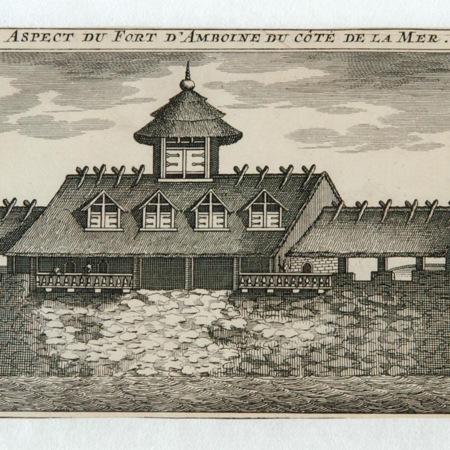
View of the castle of Amboina, seen from the sea
Anoniem / Anonymous
-
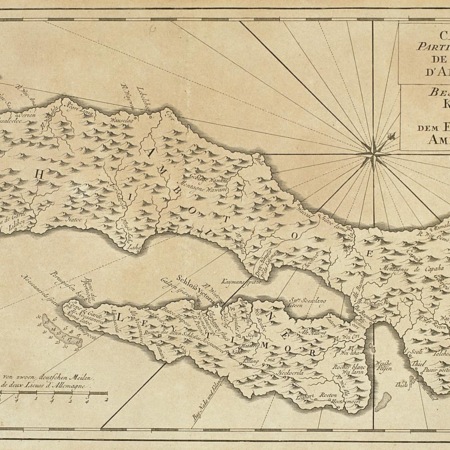
Map of the island of Ambon
Anoniem / Anonymous
-
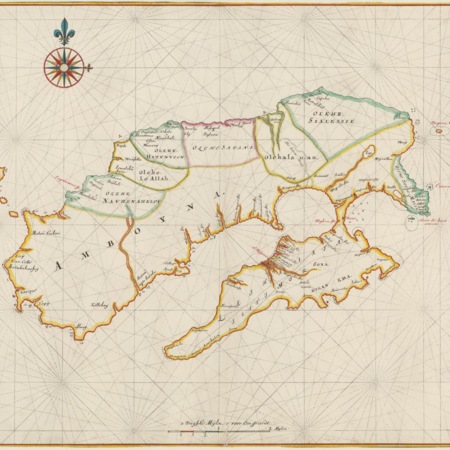
Map of the island of Ambon
Vingboons, Johannes
-
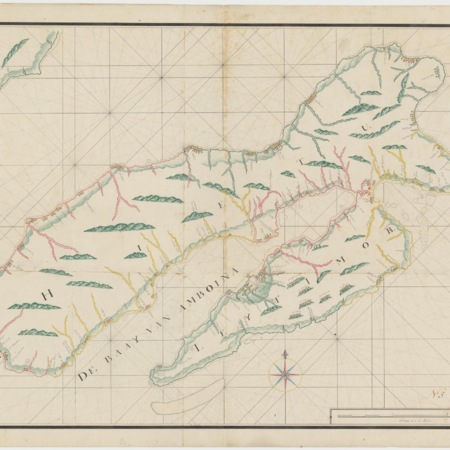
Map of Amboina and South Ceram
Elias, P.
-
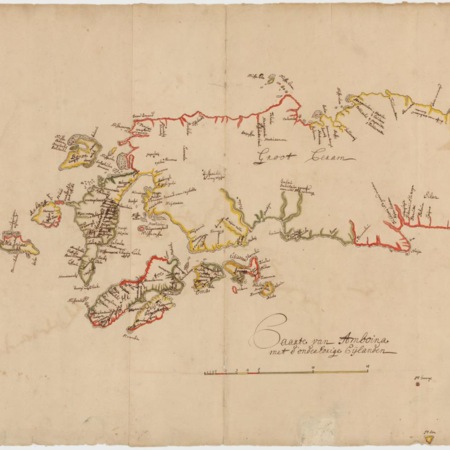
Map of the Moluccas
Rumphius, Georg Everard
-
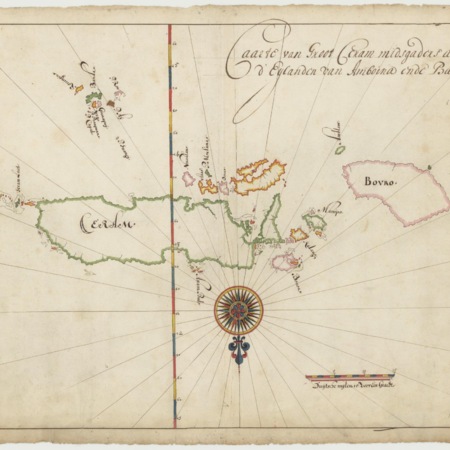
Map of Groot Ceram, that is, the Moluccas
Anoniem / Anonymous
-
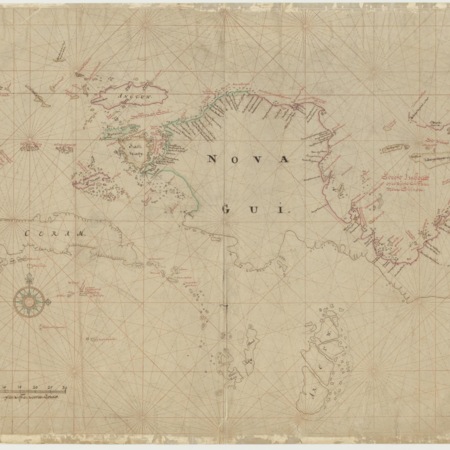
Map of Halmahera, Seram and Nove Guinea
Graaff, Isaac de
-
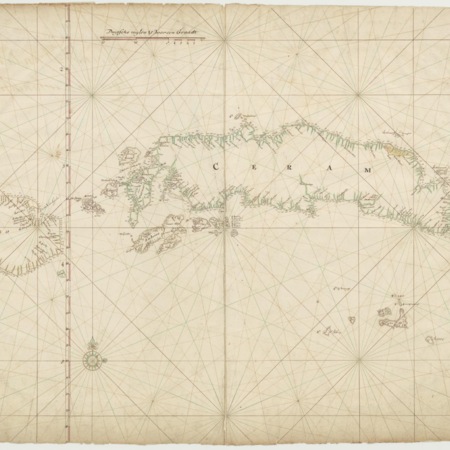
Map of Ceram, Boura, Amboina and adjacent islands
Graaff, Isaac de
-
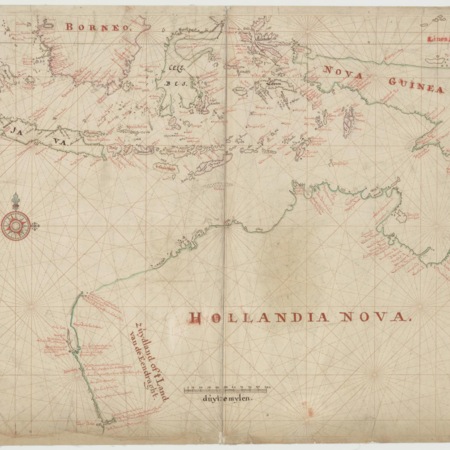
Map of the Indies archipelago
Graaff, Isaac de
-
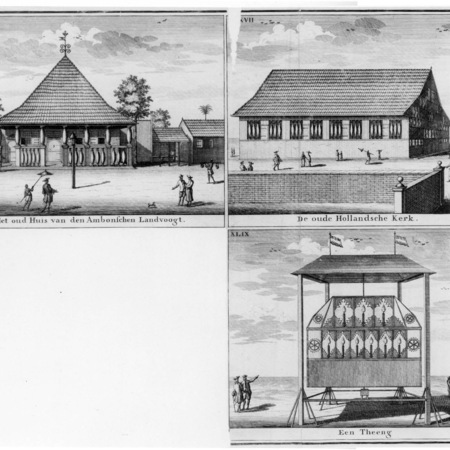
Three views of buildings on Ambon
Ottens, Frederik
-
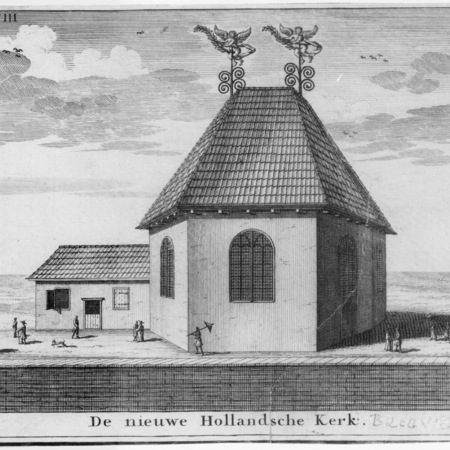
The new Hollandsche church at Ambon
Ottens, Frederik
-
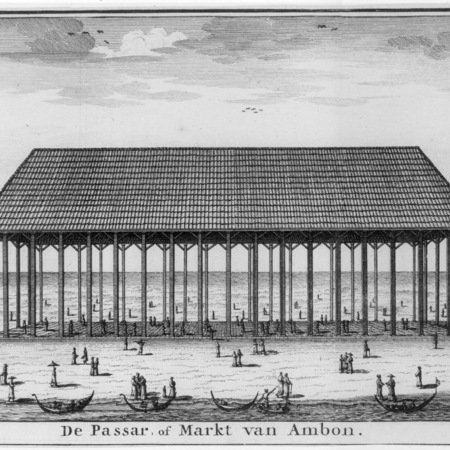
The passar, or market, at Ambon
Ottens, Frederik
-
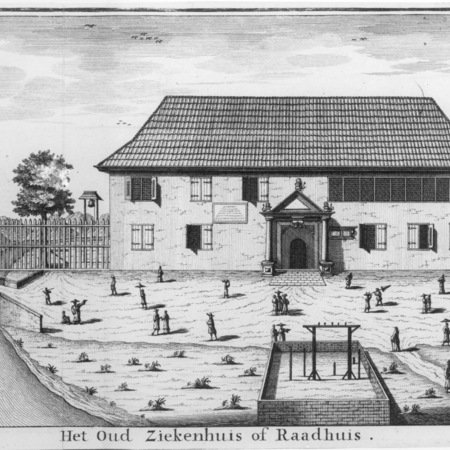
The 'old hospital or council hall' at Ambon
Ottens, Frederik
-
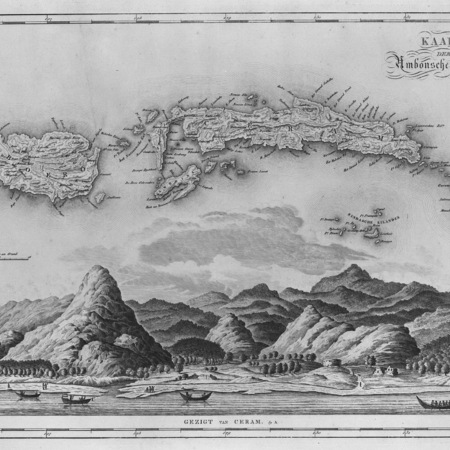
Map showing several Moluccan islands and a view of Seram
Baarsel, C. van / Zeelander, A.L.
-
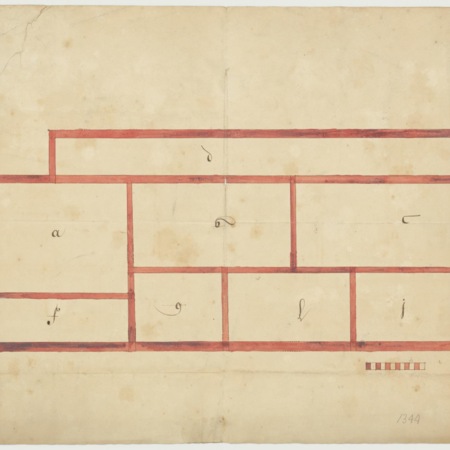
Map of the warehouses at Amboina
Anoniem / Anonymous
-
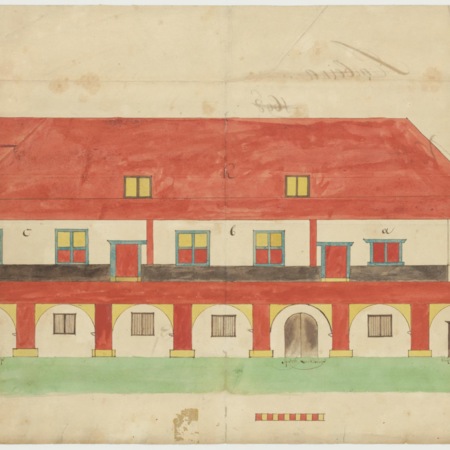
Governor's house at Amboina
Anoniem / Anonymous
-
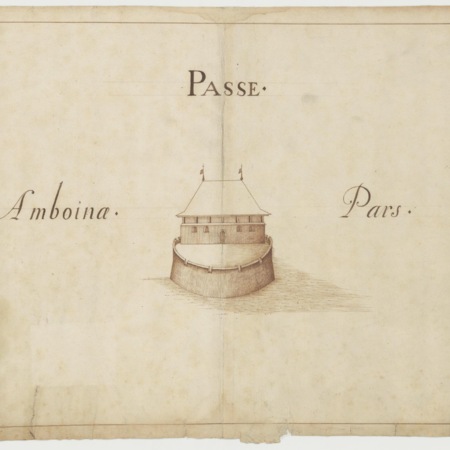
The Passe redoubt at Amboina
Anoniem / Anonymous
-
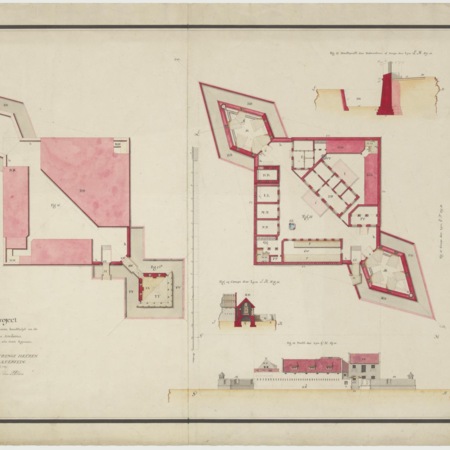
Design for fortifications at Amboina
Elias, P. / Reimer, Carl Friedrich / ...
-
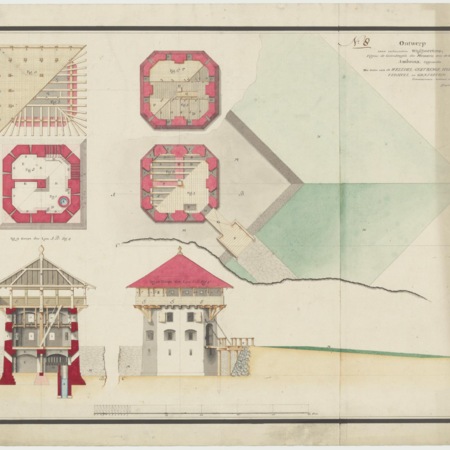
Building designs for guard towers at Ambon
Elias, P. / Reimer, Carl Friedrich / ...
-
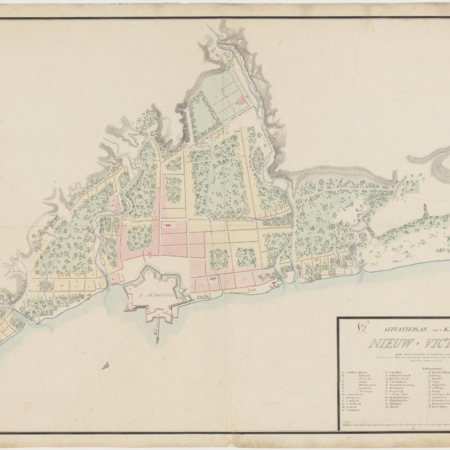
Map of Ambon and environs
Reimer, Carl Friedrich / Vaillant, I.O. / ...
-
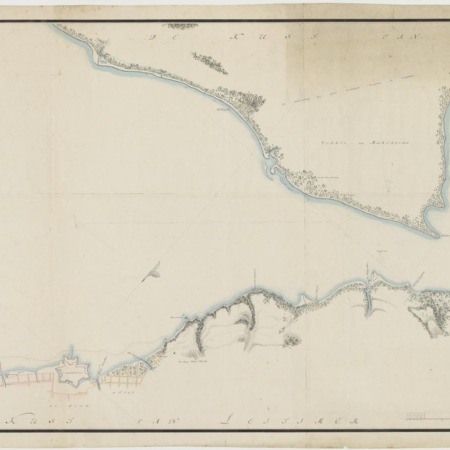
Map of Ambon and environs
Reimer, Carl Friedrich / Verhuell, C.A. / ...
-
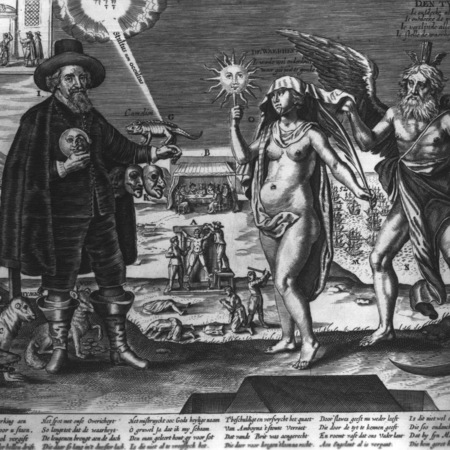
Allegory concerning the murder of the British at Ambon
Anoniem / Anonymous
-
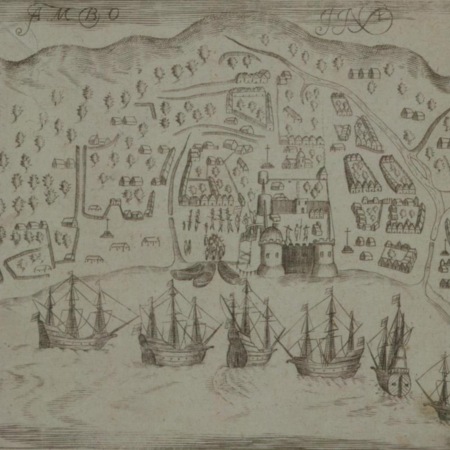
View of Amboina
Anoniem / Anonymous
-
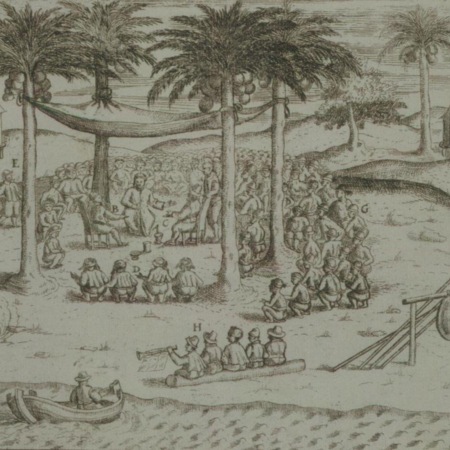
Wijbrant van Warwijck meets with Ambonese leaders
Anoniem / Anonymous
-
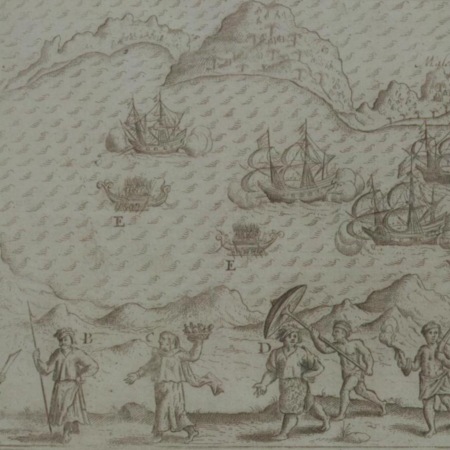
The bay at Amboina
Anoniem / Anonymous
-
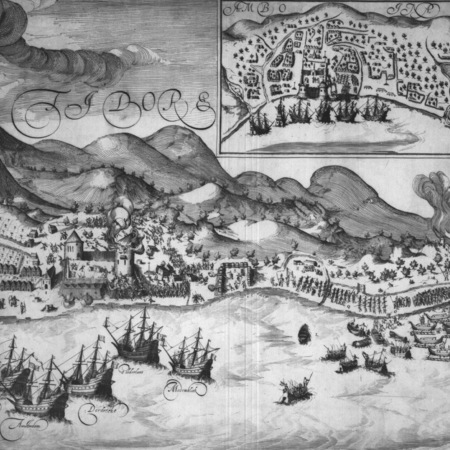
Right portion of a view on Tidore
Lampe, B. / Kick, G. / ...
-
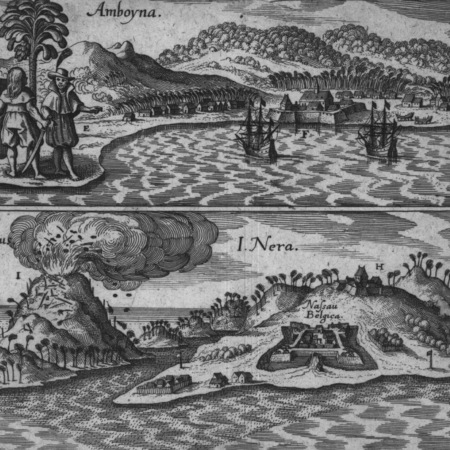
Views of Ambon and the islands of Banda and Gunung Api
Anoniem / Anonymous
-
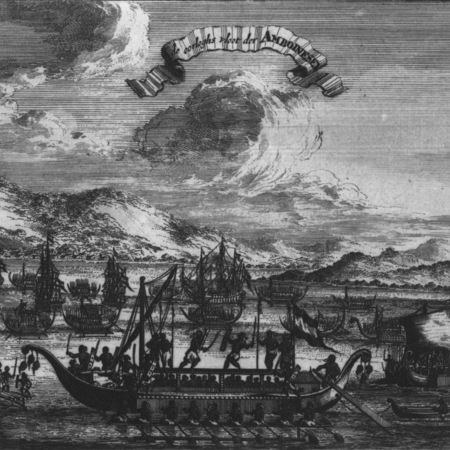
View of the bay of Ambon
Decker, Coenraet
-
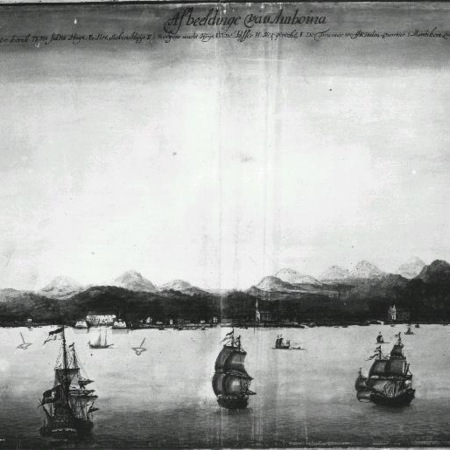
View of Ambon city
Anoniem / Anonymous
-
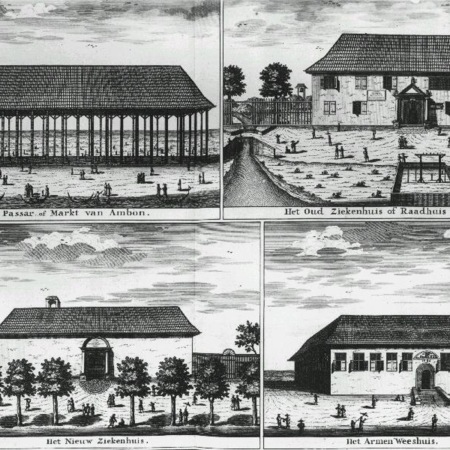
Four perspectives of buildings in Ambon city
Anoniem / Anonymous / Ottens, Frederik
-
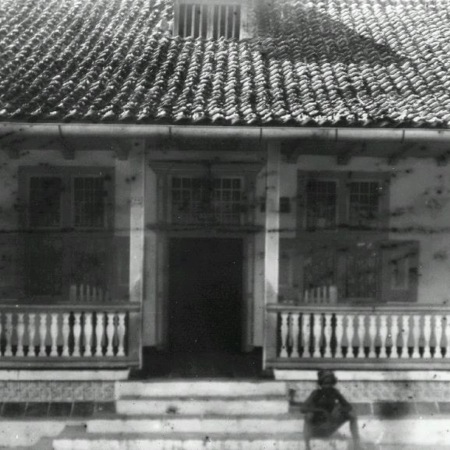
House in Ambon city
Overvoorde-Gordon, J.
-
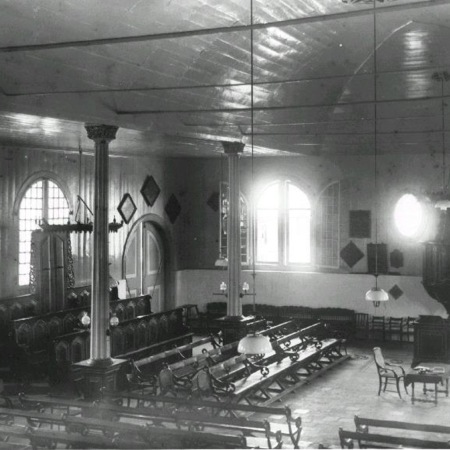
Interior of a Protestant church in the city of Ambon
Overvoorde-Gordon, J.
-
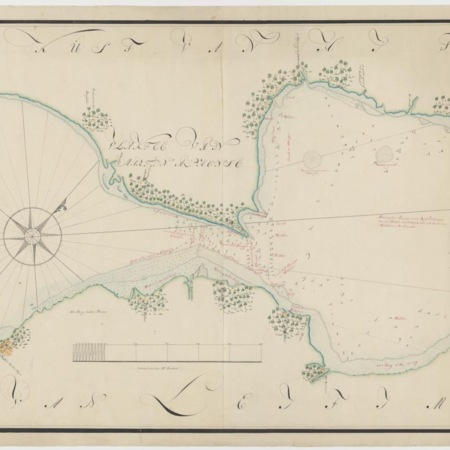
Map of the bay of Ambon
Volborth, C.F.A. / Reimer, Carl Friedrich
-
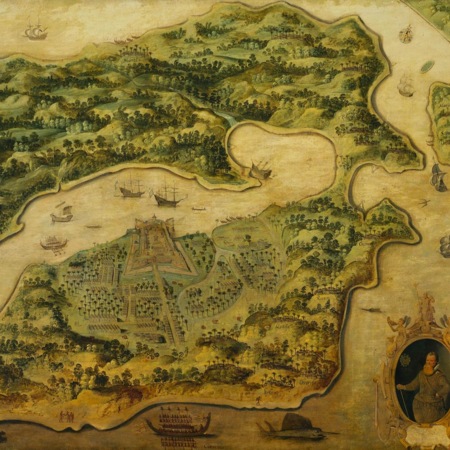
Bird's-eye map of the island of Ambon
Meyne, David de